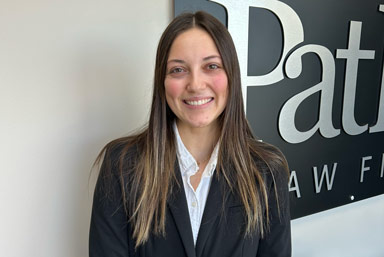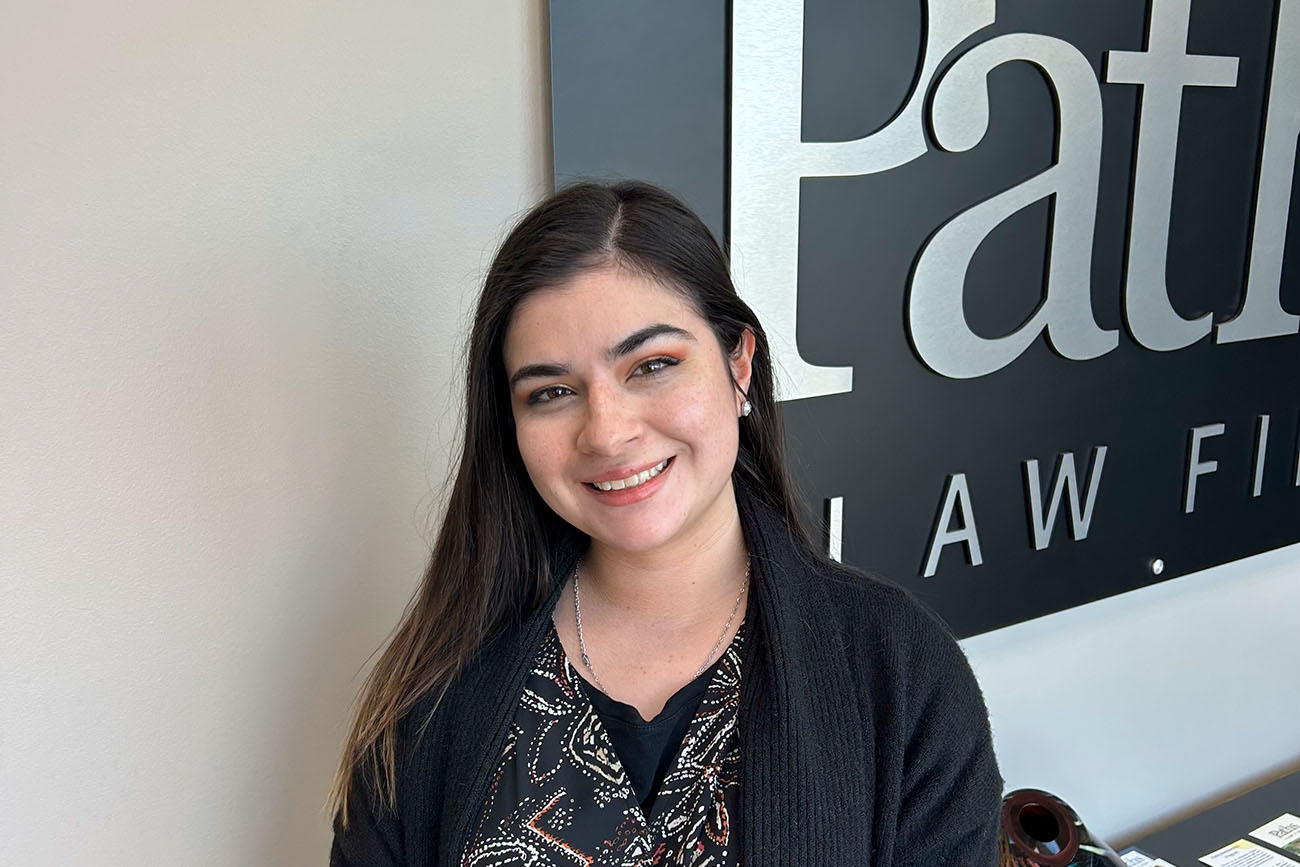The medicaid estate recovery program (MERP) allows Missouri Medicaid to seek reimbursement for long-term care costs paid on behalf of a deceased Medicaid recipient. For many Kansas City families, this means Medicaid may attempt to recover expenses from the recipient’s estate, including:
- Nursing facility services
- Home and community-based services
- Hospital and prescription drug services
- Other medical expenses
Understanding estate recovery is essential for family members in the Kansas City metro area who want to protect assets and plan for the future.
*This blog is for educational purposes only and should not be considered legal advice. The use of the Paths Law Firm website does not constitute a client-lawyer relationship.
How MERP Works and Legal Limits on Recovery
Under the 1993 Omnibus Budget Reconciliation Act (OBRA), states are required to seek recovery of Medicaid funds used for long-term services and supports for individuals 55 and older or those permanently institutionalized. Before OBRA, states decided whether to pursue estate recovery, leading to inconsistent policies. Some states still seek reimbursement beyond nursing home and home-based care, depending on local rules.
In Missouri, once a Medicaid recipient passes away, Medicaid reviews their estate to determine what assets are subject to estate recovery claims. The process typically begins with a formal notice to the estate executor, detailing the amount Medicaid intends to recover. If the estate includes real estate or other high-value assets, this can complicate inheritance planning for Kansas City families.
However, Missouri Medicaid cannot recover more than the actual amount spent on long-term care. For example, if nursing facility services paid by Medicaid in Kansas City cost $200,000, Medicaid can only seek reimbursement for that amount.
What Assets Are Included in an Estate?
Assets subject to Medicaid estate recovery in Missouri may include:
- Financial assets – cash, savings, checking accounts, stocks, and bonds
- Qualified income trusts – funds placed in these trusts
- Personal property – vehicles, RVs, boats, and homes (can be recovered from, but typically are not to date)
In addition to cash and investments, Missouri Medicaid may attempt to recover from real estate holdings. However, jointly owned properties or those held in certain trusts may be protected. While a recipient is alive, some assets—like irrevocable trusts—may be exempt from Missouri Medicaid limits. However, after their passing, these exemptions often expire. Be aware, most beneficiary designations, like a beneficiary deed DO NOT prevent estate recovery; those assets can be forced to pay back Medicaid. Life insurance policies may be protected if the beneficiary is someone other than the estate.

How Does Medicaid Estate Recovery Work in Missouri?
Missouri’s MERP primarily applies to probate assets. Unlike some states that allow recovery from living trusts or other non-probate assets, Missouri Medicaid can only recover from estates that go through probate court, but most assets being transferred by beneficiary designation can fairly easily be brought into probate for the purpose of recovery.
When a deceased Medicaid recipient’s estate enters probate in Kansas City or elsewhere in Missouri, Missouri Medicaid sends a formal notice to the executor or beneficiaries, informing them that it intends to file a claim. Even if this is missed, the law requires a clearance from Medicaid, so the executor is required to let Medicaid know a person has died and that an estate is opened. This is why Kansas City families may benefit from estate planning strategies that help avoid probate.

How Probate and Missouri Laws Affect MERP
Not every estate goes through probate, but those that do in Missouri, or can be brought into an estate by Medicaid, including many in Kansas City, are subject to estate recovery.
For example, if a Kansas City estate enters probate, the court will oversee the distribution of assets and repayment of debts—including Medicaid estate recovery claims. The State is a high priority creditor, so it will often get paid before other creditors. However, assets held in revocable living trusts or joint ownership with right of survivorship may bypass probate, potentially preventing Missouri Medicaid from recovering them. Proper estate planning is key.
Additionally, Missouri law affects how MERP applies to spouses and co-owned property.
- Assets owned as tenants in common may be subject to Medicaid recovery. This means each owner separately owns an interest in the property. There are intricacies in property titles for which legal counsel should be sought.
- Certain jointly owned properties may be protected from estate recovery claims.
Since MERP rules vary based on individual circumstances, consulting a Kansas City elder law attorney can help families navigate Missouri’s Medicaid recovery laws.
Liens and Medicaid Recovery in Missouri
States are authorized to place liens on a Medicaid recipient’s property before their death. In Missouri, this is commonly done. The lien is not often enforced as MERP recovers assets after probate. However, when an asset is later sold, the lien will then be satisfied from the proceeds.

What Estates Are Exempt from MERP in Missouri?
Certain exemptions can protect an estate from Medicaid estate recovery in Missouri, with advanced planning, including if:
- A surviving spouse still lives in the home
- The recipient has a child under 21 years
- A child of any age is blind or disabled per Social Security regulations
- A sibling with equity interest in the home lived there at least one year before the recipient entered long-term care
- An adult child provided care and lived in the home for at least two years before the recipient moved to a nursing facility
Additionally, if selling an estate would cause significant financial distress to heirs—such as forcing a family business to close or displacing a dependent relative—heirs may apply for a hardship waiver. Missouri Medicaid reviews each case individually, and approval is not guaranteed. Since exemptions vary based on personal circumstances, it’s essential to work with a Missouri elder law attorney to review estate plans regularly. It is highly recommended not to rely on this option and plan in advance.

How Can I Protect My Assets from MERP?
For Missouri residents—especially those in Kansas City—estate planning is key to protecting family members’ assets and ensuring their legacy remains intact. Since Medicaid estate recovery primarily affects probate assets, setting up the right legal protections can minimize risk.
Working with a Kansas City elder law attorney can help families:
- Understand Missouri Medicaid laws
- Navigate long-term services and supports
- Implement estate planning strategies to safeguard assets
At Paths Elder Law in Kansas City, we help seniors and their families with Medicaid benefits, estate planning, and asset protection. Contact us today to secure your future.



































